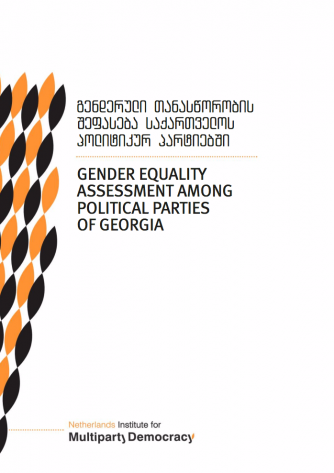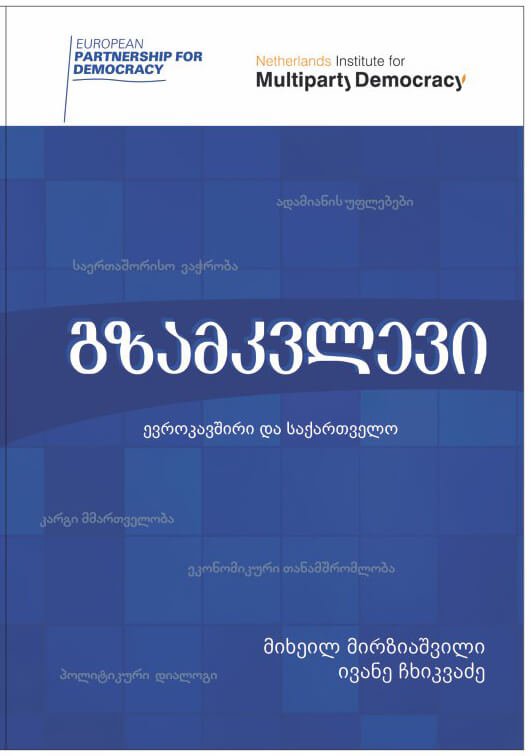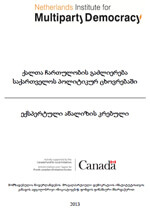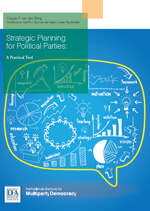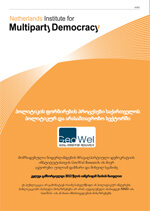
Fighting Goliath: The Reform of Party Finance in Ukraine
Representatives of the Ukrainian Parliament, the National Agency for Corruption Prevention (NACP), non-profit organizations and the diplomatic corps gathered to discuss the findings and recommendations of the expert paper produced by Ilko Kucheriv Democratic Initiatives Foundation with support from the NIMD’s regional office in the Eastern European Neighborhood. Moderated by Tetyana Danylenko of the 5th Channel, the event provided a venue for frank and open discussion of recommendations outlined in the paper as well as policy viewpoints of participants.
NIMD will continue to provide support to an informed policy debate and will offer facilitation, expert insight, experience sharing and technical support for consensus building around key areas of democratic reforms in Ukraine.
